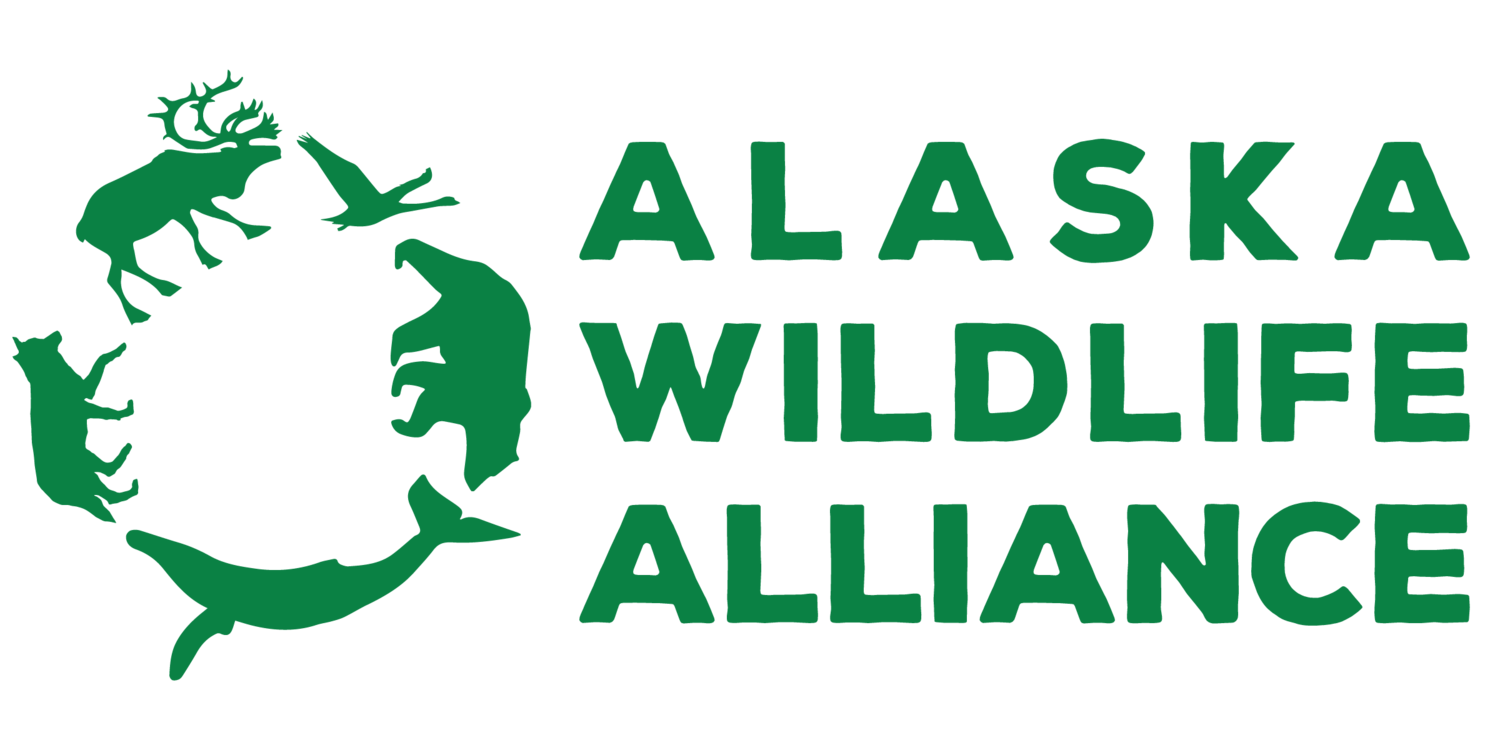From the abstract: Alaska, with its unique geographical and ecological characteristics, is experiencing the detrimental effects of climate change at an alarming rate. The Alaska Native (AN) population, deeply connected to the land and its resources, faces disproportionate vulnerability to these impacts. We call attention to climate change impacts on AN food sovereignty, mental and behavioral health, cultural and spiritual practices, resiliency and adaptation, and how local Alaskan organizations are addressing climate change impacts.
This article also highlights the urgent need for environmental public health professionals to engage with AN and Native American communities, address health inequities, and participate in mitigation and adaptation efforts to address the environmental public health threats and consequences of climate change. Increasing awareness of climate- related health impacts on these communities is crucial and immediate actions are needed to support safer, healthier, and more sustainable and climate-resilient communities. Government agencies at all levels should also seek to integrate perspectives from Indigenous Peoples, engage in co-management strategies, and provide equitable funding and support for Indigenous communities. Unity, resilience, and adaptation become attainable goals by joining communities in caring for the environment. This message resonates not only in Alaska but also globally, highlighting the need for collective action in the face of climate change.








